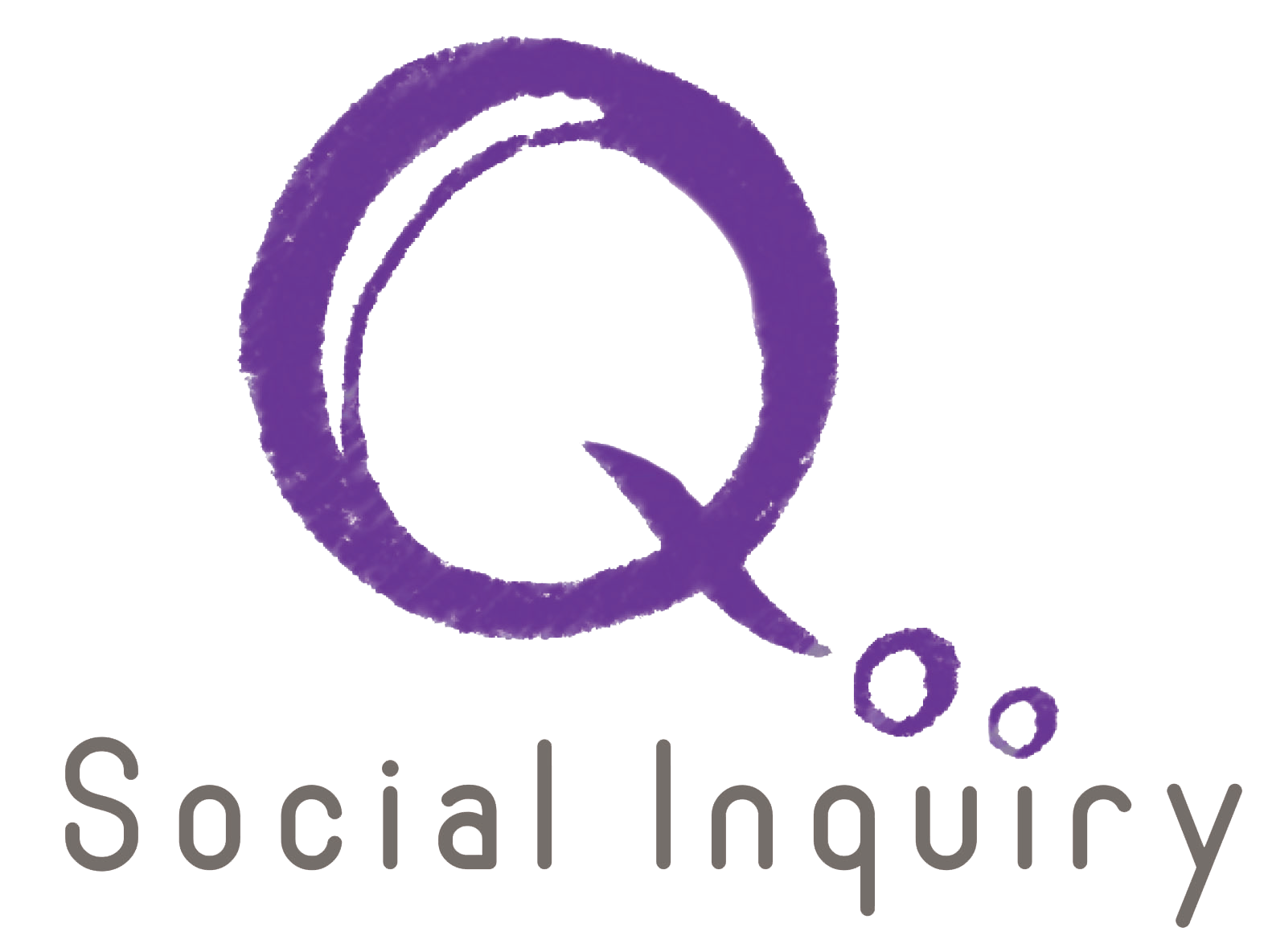IRAQ PROGRAM
Stability for the South
This line of work within Iraq’s program intends to fill the lack of a baseline on the underlying dynamics in the southern governorates with on-the-ground analysis in Basra, Dhi-Qar, Missan, Muthanna, both urban and rural communities. This work will allow international and local stakeholders operating there to better target the root causes of instability and improve their intervention strategy.
Rationale. The southernmost governorates of Iraq have been deeply impacted by country-wide governance, security, and financial challenges, eroding people’s immediate and long-term socio-economic prospects. This has coupled with an emerging environmental degradation crisis with consequences on public health and livelihoods. For the last five years, this confluence of dynamics has made this region a particular hotspot for social fragility. In cities like Basra, Nassiriya or Amara, residents have protested in large scale since 2015 against deteriorating living conditions and against corruption, in a period where the government and the international community were focused on the ISIL conflict ravaging Iraq’s north. These protests have picked up again in early 2021 and were met with violent government responses.
Drivers of instability are becoming increasingly protracted. Different drivers can be identified, ranging from the inability to pursue traditional rural livelihoods due to environmental change, absence of institutional responsiveness, bleak outlooks and lack of agency for the youth, infrastructure neglect, rural-to-urban migration, as well as social and tribal norms that are increasingly unable to foster change and respond to challenges peacefully. For a number of these factors, mainly linked to emerging economic insecurity and unemployment, the recurrence of disputes among communities and between communities and the state has trended upwards and continues to do so, contributing to a deterioration of the general social environment.
Given this, there is an increase of funding directed towards humanitarian, development and peacebuilding programs and operations in the south of Iraq, both by the government and the international community. However, there remains a lack of an evidence base on which to evaluate the appropriateness or cursory impact of this work. Data and information on residents’ current socio-economic situation, perceptions, and challenges, as well as an understanding of the wider political economy, are missing. The last consistent household dataset from which to extrapolate such dynamics is from 2012. Many indicators have shifted since then, not only due to the ISIL conflict but also the emerging economic crisis linked to public finances. The need for a systematic evidence base thus remains. Issues are increasingly identified by name, but their magnitude or geographic prevalence is mostly missing from the narrative. This project thus aims to make use of qualitative and quantitative methods to map key indicators and key trends in the southern governorates of Iraq.
Projects and reports completed:
Assessing the Political Economy in the South of Iraq
July 2023. Additional qualitative fieldwork was conducted to consolidate and update previous findings on the prevailing political, social and economic drivers of instability in the region. Through a political economy lens, this project aimed to establish a connecting thread that explains and narrates what is happening, who is making it happen and for what purpose. #politicaleconomy
Climate of Fragility: Household Profiling in the South of Iraq
September 2022. This cross-sectional quantitative profiling of three Iraqi southern governorates covers demographics, housing, services, economy, agriculture, migration, wellbeing, governance, security, and social cohesion. It offers a representative overview for Basra, Thi-Qar, and Missan, including urban and rural distinctions. #profiling #opendata
Improving Prospects for Peace and Stability in Vulnerable Communities in Southern Iraq
February 2022. Rural communities in the south of Iraq are some of the most fragile in the country. These in-depth qualitative studies explore conflict causes and drivers related to economic security and tribal relations in rural areas of Basra and Thi-Qar governorates to provide a basis for ensuring a context- and conflict-sensitive approach for resilience building interventions among vulnerable communities therein. #rural #tribal #conflict
October 2021. Rural-to-urban migration due to environmental issues is straining Basra, Iraq, and nearby cities. This study investigates the links between climate-driven migration, informal urban growth, and social instability in Basra. It also addresses challenges faced by high-migration areas, impacting the integration of migrants and residents. #migration #environment #integration #cities
When Canals Run Dry: Displacement Triggered by Water Stress in the South of Iraq
February 2020. Governance gaps and environmental changes in southern Iraq are pushing families away from agriculture and livestock. This report investigates water scarcity-driven displacement in Basra, Missan, and Thi-Qar, using qualitative and quantitative data from both displaced and non-displaced populations. #environment #livelihoods #water #rural

